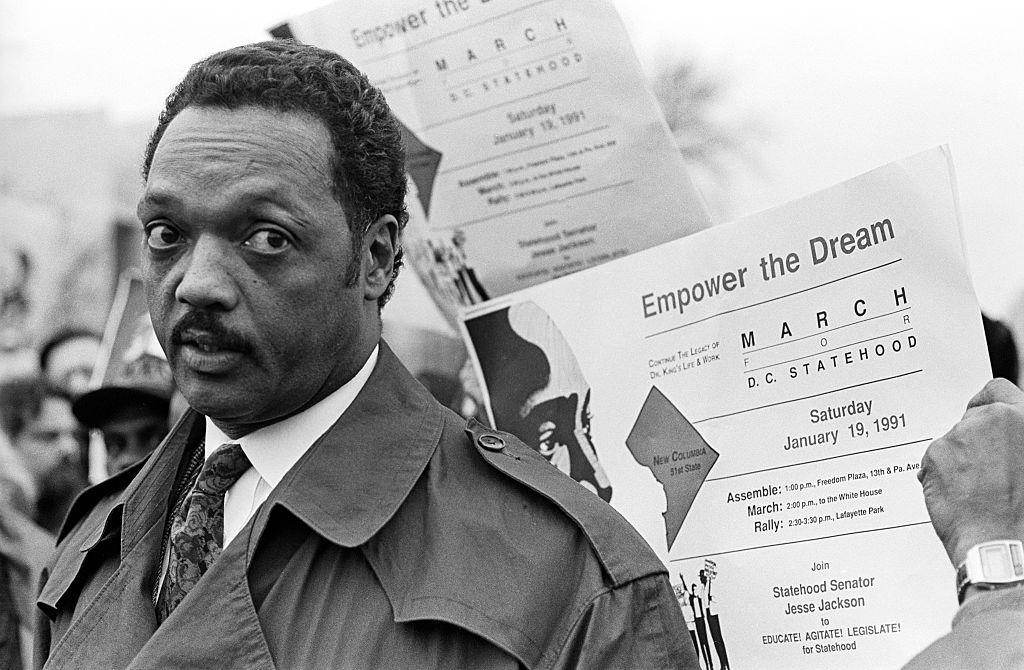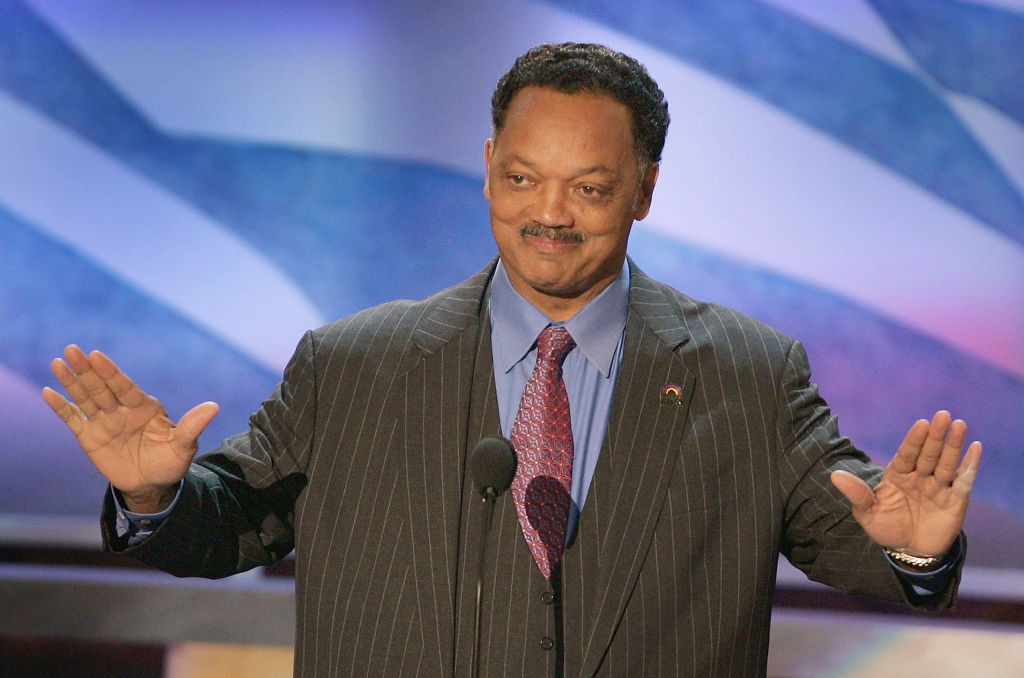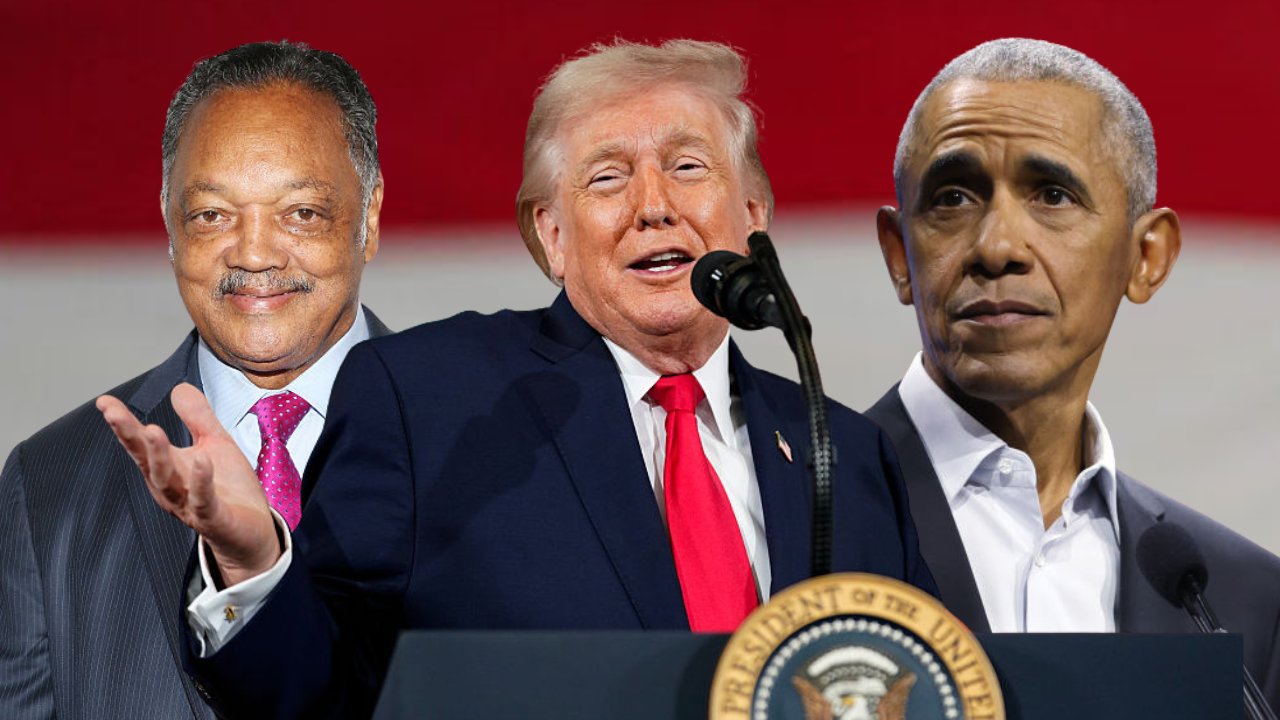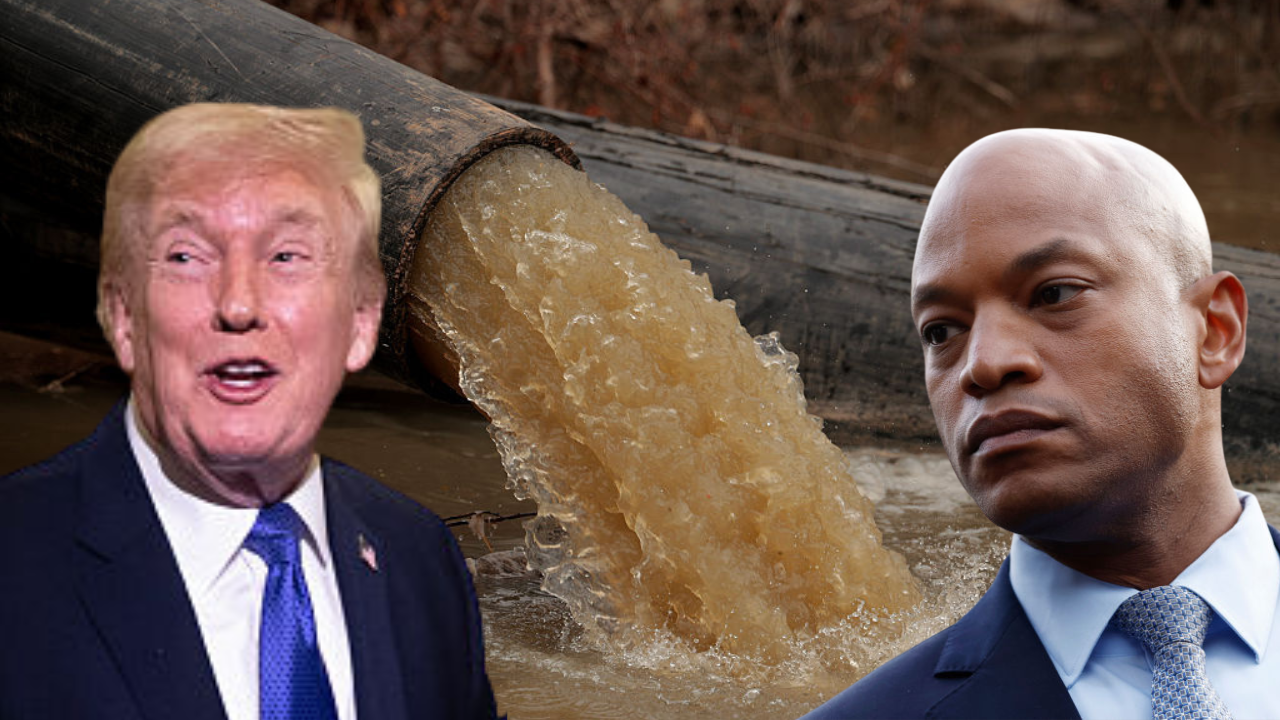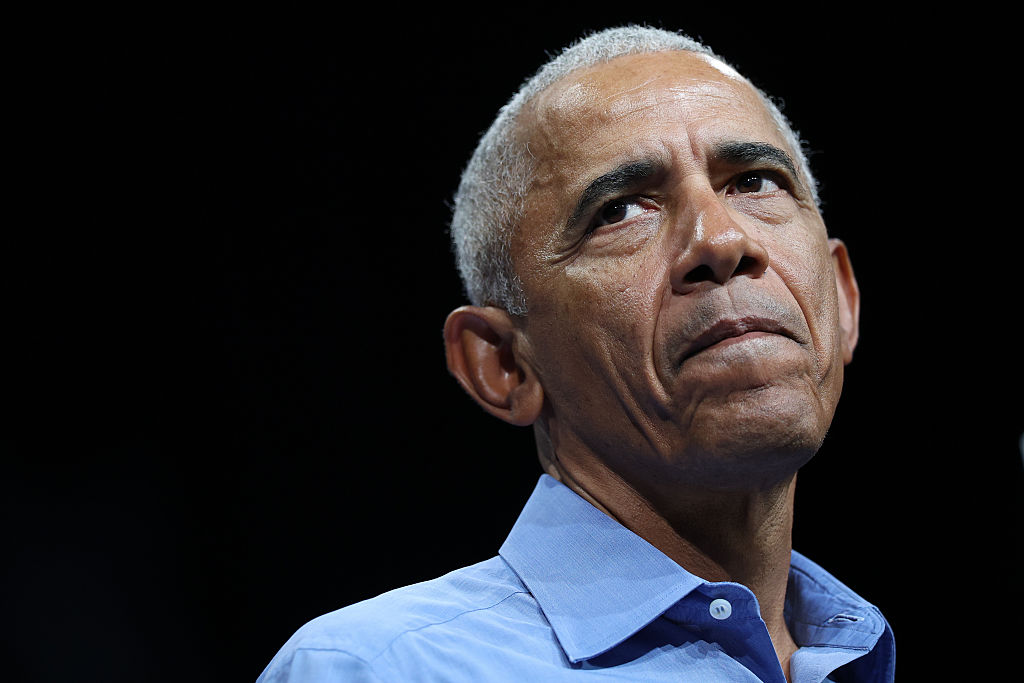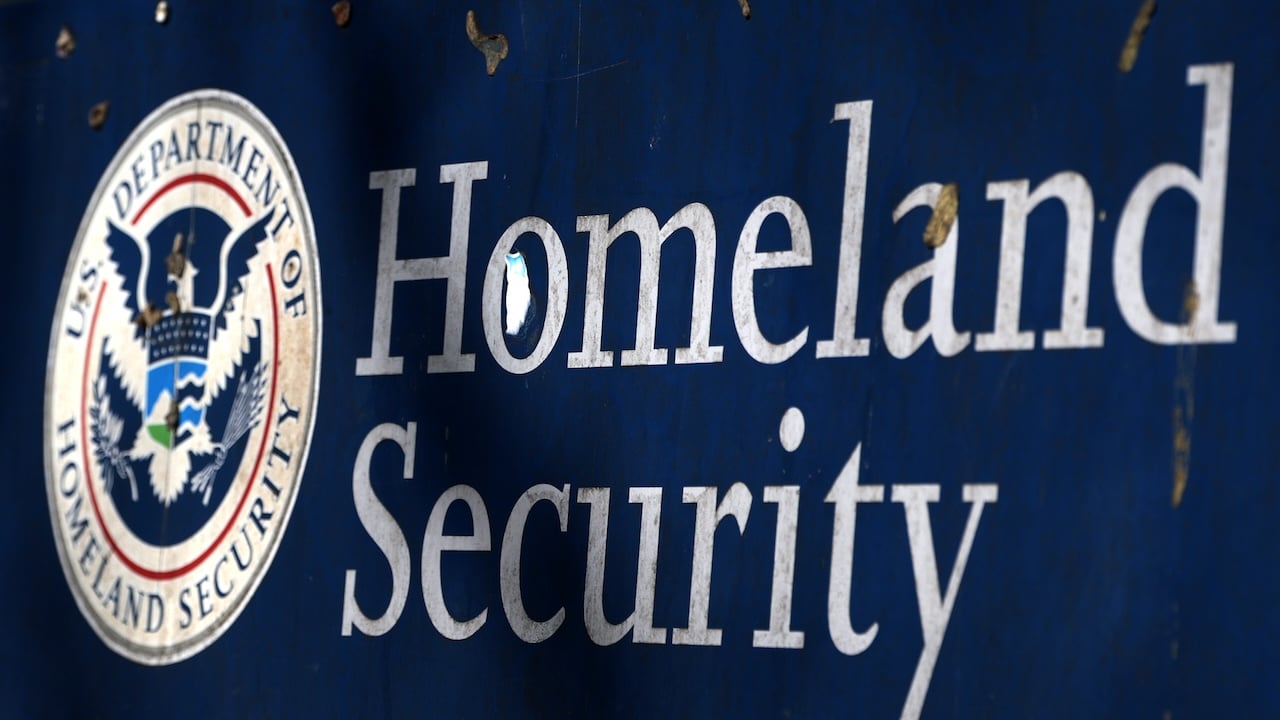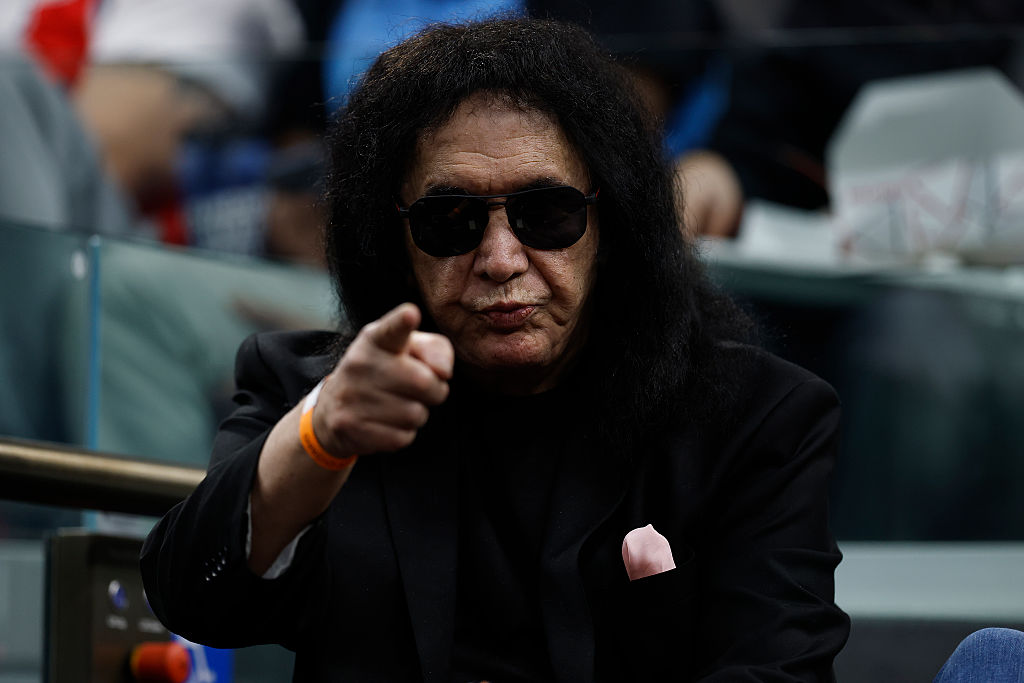The state of Black baseball is critical

ATLANTA — In the parlance of the internet, this is not a real place. There are certain cities in America where the sheer size, scope and variety of absurdity that goes on every day often makes the concept of everyday life feel like it’s happening in some combination of a fever dream and simulation that you just couldn’t make up if you tried.
When it comes to ATL, that entire ridiculous meme actually makes sense. On July 10, at a lounge downtown, surrounded by hookah smoke and sauteed crab claws, comedians were cracking jokes while highlight clips of youth baseball players rolled in the background.
At the fundraiser event for Minority Baseball Prospects — an organization born out of the pandemic and boasts a plethora of showcase events, tournaments and other programming for baseball and softball in the African American community — the realization hit me like an invisible car prototype popping up outside the club.
The state of Black baseball in 2025: critical.
While there are many definitions of that word for multiple contexts, that’s exactly why it’s appropriate today.
At the big league level, the numbers are not getting particularly better. There are teams like the Washington Nationals, who have multiple brothas at every level of their organization, and others like the Philadelphia Phillies, who seem like if they have more than one Black player on their roster it’s a miracle.
These are loose generalizations, but very rarely is it more palpable than All-Star Week, when guys from all of walks of life show up to alumni-type events, and a good amount of them are Black players who even the most dedicated of fans have likely never heard of.
It’s a constant reminder that there was a time when All-Star Week was the space many of us occupied in the big leagues. Not necessarily superstars everywhere, but a much higher proportion of everyday players who were solid contributors to their teams.
Black players often index disproportionately in glamour events: James Wood, Byron Buxton and Jazz Chisholm in the Home Run Derby, or any number of players who showed up for the MLB All-Star Futures Game. Former big-leaguer Marquis Grissom managed in the game against his son, who at one point pitched against Harry Ford, the catching prospect for the Mariners playing in the game for a third time.
One of the Futures Game teams had a Black manager, but there is a total of two Black managers in the entirety of the big leagues (Dave Roberts, Ron Washington) — and they both manage in the same city (Los Angeles) at that.
If you aren’t acutely paying attention to every single effort that MLB is making through camps and its various programs, it feels like we’re hanging on as a culture as much as cultivating crops to grow. A lot can change in a few years, and a lot has. Maybe it’s because we lost Willie Mays last year that it feels like there is an irreplaceable void, because there is, spiritually.
Daniel Shirey/MLB Photos via Getty Images
Don’t get me wrong, there are bright spots. The Red Sox picked three Black pitchers on the first day of the recent MLB draft, which was an eye-opener. In the college game, there seem to be as many impact Black players as ever on the Power Four level of conferences. Coaches on the other hand? That’s another matter, still.
But the more this nation continues to show itself as a place hellbent on isolationism and exceptionalism, the fundamental structures that are required for growth in any industry seem increasingly scant. When you apply that to what it takes in proverbially watering the plants necessary for growth of the game, nevermind Black folks, the feeling becomes quite grim.
How much can we really achieve in this sector of one single sport when it feels like, as a country, we won’t be able to pull off organizationally a World Cup, Olympics or World Baseball Classic because of fear of the authorities? Hell, we can barely keep kids in summer camp safe because indifference is so prevalent.
Watching “The Sandlot” on ABC Sunday night — a story that revolves around the childhood coming of age of a neighborhood group of kids whose lives revolve around a plot of land for public recreational use, flanked by the lot of an old blind Black man who lives on his own with his dog — felt like more than just a nostalgic fantasy but genuinely unimaginable today. Hell, we can barely get through a media day without people losing their minds because a question was asked about why the All-Star Game was moved out of Georgia in the first place in 2021.
Pair that with the fact that half of my For You Page on TikTok is either a real or fictitious depiction of some travel ball scam or a parent blowing up on an umpire in a disgusting fashion and you think to yourself: Well beyond the money, it’s completely understandable why Black folks do not want to be involved with many of these operations. With headlines like “Private Equity Taking Notice of Youth Sports,” in the New York Times, it ain’t great.
Yet, I digress.
Back in Atlanta on Saturday, some familiar faces graced the MBP All-American Game, held at Marietta High School. Matt Kemp, 40, exactly the kind of player who used to be far more prevalent in the bigs in terms of production, was there to see his nephew.
Kemp was a three-time All-Star with the Dodgers and won a couple of Silver Sluggers and Gold Gloves. He even dated pop singer Rihanna at one point, to give you an idea of his popularity then if you didn’t know. He knows he comes from a different generation, somewhat, but is happy that the experience exists, even if still fledgling in its growth.
“We didn’t have the chance to play in something like this growing up, which I’m kind of jealous, but it’s good for, you know, my nephew, and all these other kids that I know, and I’m close to, and then some of their parents that I know, it’s for them to be able to experience this, and for the minority baseball guys to put this on for them,” Kemp said, wearing a vintage Milwaukee Braves hat. “Just a beautiful thing, man, just to see all these, you know, these wonderful-looking Black people here doing this.”
As basic as it seems, it’s understandable. A safe space for Black kids to play, grow and potentially be seen by a larger audience is ultimately the goal in the short term, but it’s still so much of a business that heart and determination aren’t all it takes. Thankfully, they’ve gotten some assistance from Adidas, which helped them look and feel like they belong. But the environment is comfortable enough that even famous parents aren’t getting hounded like celebrities, per se.
Jasen Vinlove/Miami Marlins/Getty Images
Codey Gauff — yes, that Gauff, Coco’s brother — is playing behind the dish at the All-American Game as well, with his travel ball teammate Josiah Kemp. The two only could show for a couple of innings before hauling it back to Hoover, Alabama, for another tournament. Gauff’s dad Corey was there, just like any regular supporter in the family.
“He wants to bring kind of a speedy, athletic catcher to the game, which not to say there’s none, but they’re not that many brothers, for the most part, outside of the Atlanta Braves,” Corey Gauff, also the father of two-time major winning tennis player Coco Gauff, said of his son.
Atlanta Braves catcher Drake Baldwin made his MLB debut this season after being a non-roster spring training invite. Corey Gauff is aware of the dearth of players we have at that position, noting that former big-league catcher Charles Johnson, someone his son looks up to, is a familiar face to them.
“He lives not too far from us (in Florida), so he used to throw the first pitch out all the time at our Little League,” Corey Gauff explained, before telling a story so familiar to many people. His father-in-law played at Bethune Cookman. His pro career bounced him around the bus leagues, then he gave back.
“So my father-in-law started the Little League in 1971. Delray Beach American,” Corey Gauff said. “He had a charter, one of the few Black charters out. He might be the only remaining Black charter still left. He started the league because they wouldn’t let us play in their league back when he was young. After he finished traveling the minor leagues, he did it.”
The fact that you can draw a straight line from a French Open tennis champion to a town in Florida with segregated Little Leagues shows you exactly how little infrastructure we truly have to work with in the most agrarian major sport in the U.S. On top of that, armed ICE agents are raiding baseball practices in the hometown of the President of the United States of America.
Talent isn’t enough. Nor is it all we have. In order for Black baseball to survive, nevermind thrive, the time is now more than ever for the vested parties to commit to their investments. College scholarship allowances are up, but that doesn’t mean every school wants to spend money on Black baseball.
After a weekend in Hotlanta, the mecca of Black baseball in America, it’s clear what it will take to make our participation in the sport great again.
What's Your Reaction?
 Like
0
Like
0
 Dislike
0
Dislike
0
 Love
0
Love
0
 Funny
0
Funny
0
 Angry
0
Angry
0
 Sad
0
Sad
0
 Wow
0
Wow
0







